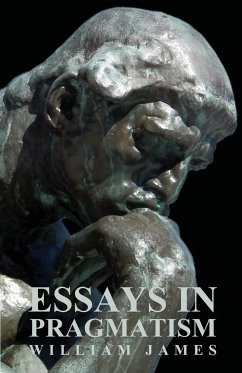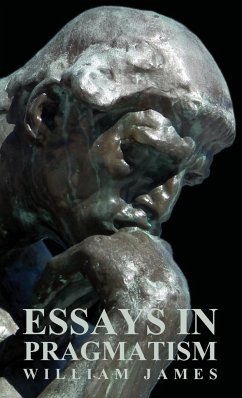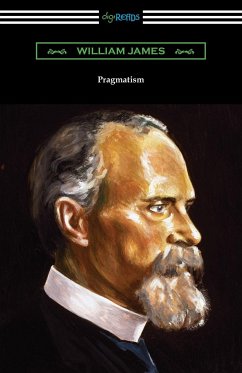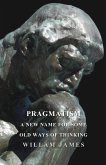From the Hafner Library of Classics comes a collection of essays from William James, including introductory essays from some of the top scholars in America. The Hafner Library of Classics offers a refreshing approach to the study of major Western philosophers through introductory essays by noted scholars that work to enliven the discussion of the human side of great thinkers. In this addition to the series, readers will be immersed into the works and writings, including discussion of the sentiment of rationality, the moral philosopher and the moral life, Pragmatism’s conception of truth. Essays in Pragmatism is a highly recommended classroom title that is sure to lead to stimulating discussion on historical backgrounds, evolution, and the importance of philosophical ideas.
Hinweis: Dieser Artikel kann nur an eine deutsche Lieferadresse ausgeliefert werden.
Hinweis: Dieser Artikel kann nur an eine deutsche Lieferadresse ausgeliefert werden.








